UCSD study: under current policies, home energy storage would often increase carbon emissions
Green Car Congress
DECEMBER 12, 2018
Under current policies, home energy storage systems would also often increase carbon emissions, according to a study by a team of researchers at the University of California San Diego published in the journal Environmental Science & Technology. Oytun Babacan, Ahmed Abdulla, Ryan Hanna, Jan Kleissl, and David G.





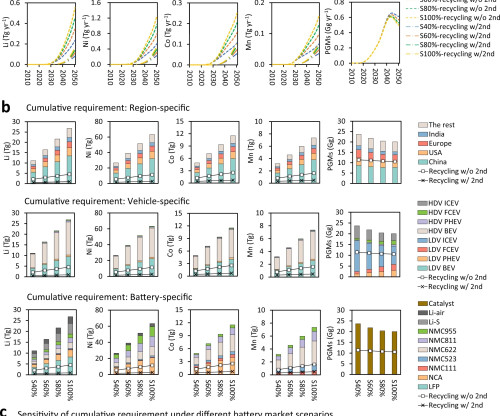









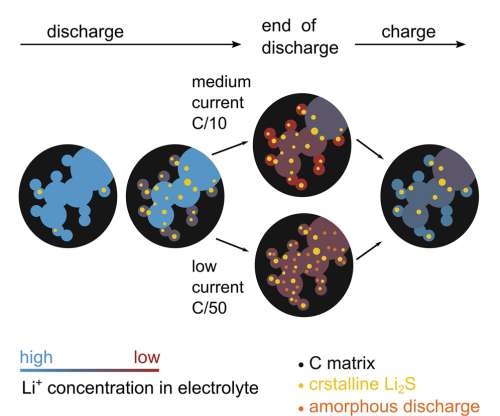


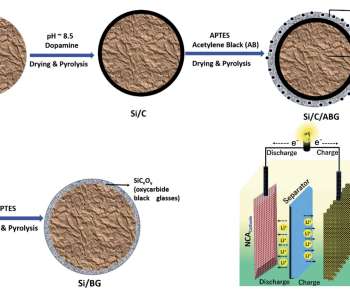




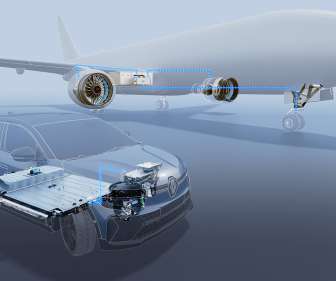




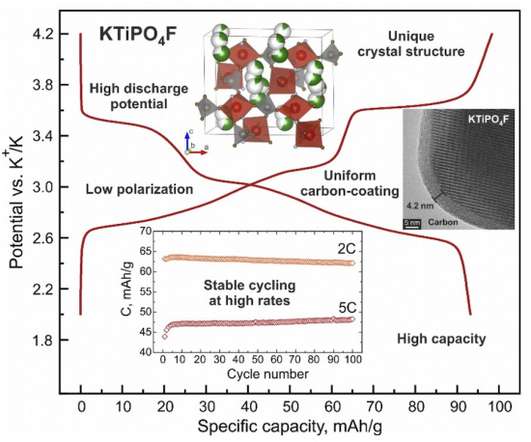












Let's personalize your content